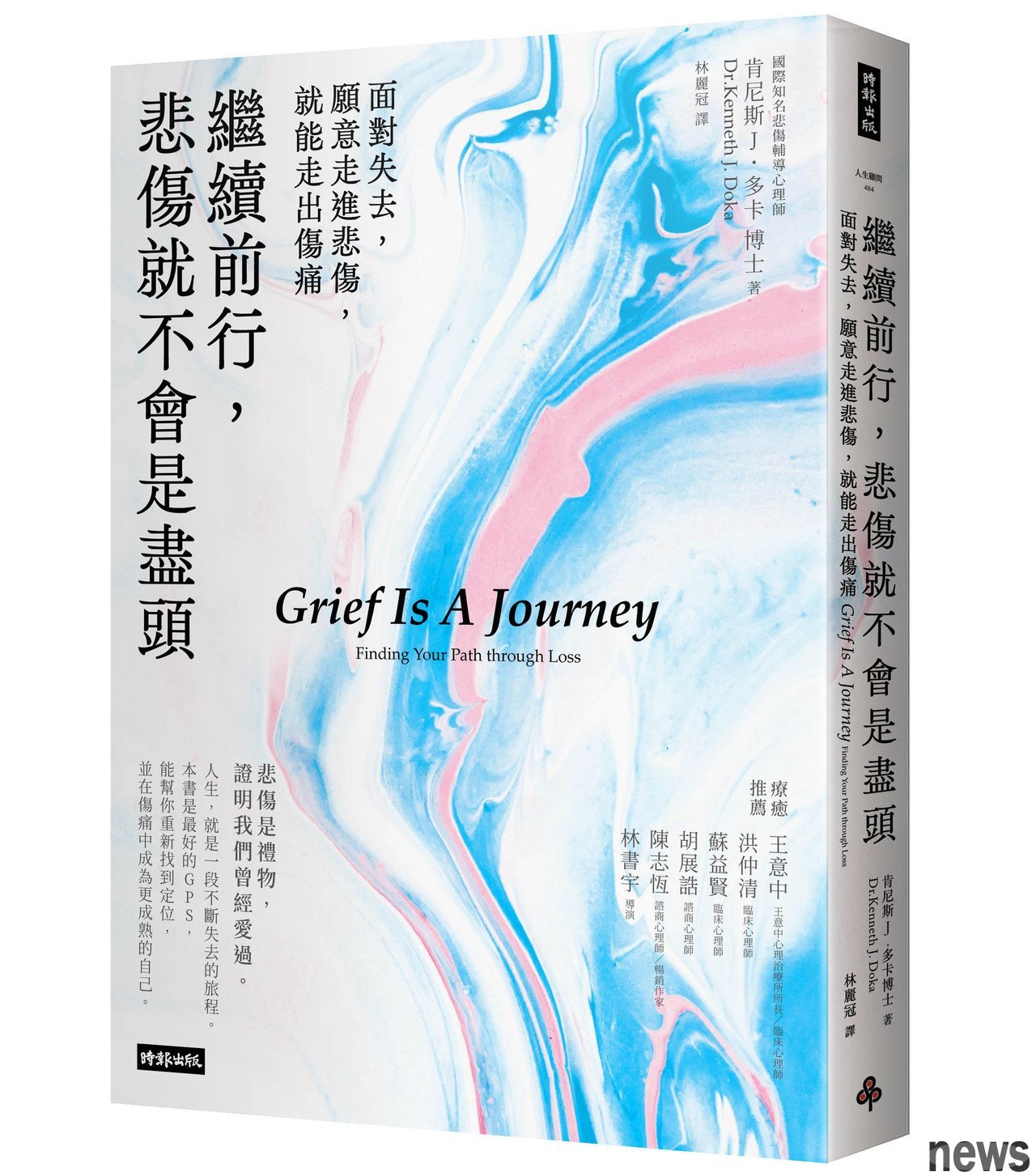How can we survive after the death of a family? Three stages of a treatment experiencing tragedy

The grief should involve two completely different processes. First, we must face and mourn the loss. Secondly, we must also learn to continue our lives when facing this loss. We may have to learn new skills and embark on a new journey in life, and life is now different.
Successful tragic people will wander between grief and appropriateness, and the feeling of grief is usually the time to go back and forth. Snow Nice is a typical example. In a meeting, she was proud to have solved the problem of a car failure herself before, and now she can also determine the basic problems of some cars and negotiate prices with the repair shop. But when she came back to see me next week, she said she would never have to deal with this if her husband was alive. This kind of situation of going back and forth in the midst of grief is actually normal and healthy. Focusing on the past may lead to long-term or endless tragedy; if focusing on the future only, it may delay or suppress tragedy.
{9 Your journey may start with seemingly easy and you will receive cards, phone calls and letters from your consolation, but as these support fades over time, you will have to face your own loss and grief.When facing the grief, you may encourage yourself to cheer up and restore your energy. However, after a while, shock, support and busyness are gradually moving away. When you can breathe for a moment, many people will feel the powerful power of the feeling of loss coming from overwhelming seas. Usually after the lost six to eight weeks, you will feel worse than the early days. This is a normal sadness.
Many factors can stimulate memory, including taste, song or photo, and lead to intense tragedy. Reading stories of loss similar to your situation, or seeing familiar items such as cars or clothes, or sharing experiences related to the deceased, may cause you to be sad.
2. How to spend the holiday of the scene and injuries?In a tragic journey, some times can be difficult, such as on important days, such as birthdays, birthdays, anniversary celebrations, or first dates, or marriage proposals. We may also remember the day when the condition was in a hurry, the day the deceased passed away, and the day of the ceremony.
At this time, we would be very upset. When we think we have calmed down, everything turned out to be the same, and even felt worse. After all, we thought we had finally survived this year.
How to spend a holiday or anniversary, it is important to plan in advance. But this does not mean that you need to spend a lot of time defining menus for the holiday meals or preparing exquisite gifts or cards, but rather that you need to plan "How to spend the holidays".
On a stressful day, it is easy for you to hand over your decision to kind-hearted people who care about you, such as not accepting your brothers and sisters or relatives you reject. As a result, you find yourself being pushed away by everyone’s opinions, participating in activities that are mentally irritating, tired, or not meeting your needs at all.
To avoid this situation, the first thing you have to do is make a choice. Think carefully, what are you really want to do?
What are you going to do? What things do not actually need to be done, or at least can be done without this year? Handle these things in a precedence. For example, you may decide that you will not send cards this year or host a large dinner party.
For what you decide to do, find the best way to accomplish them. For example, if you decide to deliver gifts, you should consider specific and feasible practices, such as shopping online or via email, or purchasing with friends.
And the most important thing is: Who do you want to spend your vacation with? Who can be with you when you feel sad? Who can tolerate and understand that you may not be what they usually see?
Sometimes, the best way to face these decisions is to not make choices and retain the motivation to open, as the days can be difficult and unpredictable. For example, An decided in advance that on the morning of her husband's death, she would spend some time with her late husband's family, but what to do on that day depends on the situation. You can also retain some flexibility and freedom, such as David decides to start the car by himself, so that he can leave when he wants to leave without having to wait for someone else's car to walk together.
Once you make a choice, you communicate your decision to others and listen to others' opinions. This can add a third C to your holiday plan, that is, to compromise. For example, Isabella's first mother's festival after her mother passed away, but she knew that her children and her son needed to express their feelings to her, especially after their grandmother passed away.
rituals sometimes may be busy. When I was a kid, we had some habits during the Mother’s and Father’s Days, one of which was my parents put a bouquet of flowers on their parents’ pavilions. Afterwards, we held a family gathering to win over our parents. This is an effective way to help us deal with our losses: on the one hand, we are looking back at what we have lost, and on the other hand, we are looking forward to the present and the future.
There is no right way to go on a holiday. Although it is difficult and stressful for some people, some people may find comfort in busy activities through things that can shift their attention. For example, gathering with family can resolve loneliness, sharing memories and old can also comfort people's hearts. My mother said that in the first Jewish holiday of my father, she discovered that sharing my father's story with her family made her feel closer to him and that she was sure that her children and children would remember him, and that she was "unexpectedly relieved."
3. Learn to embark on a new lifeFor many people, the tragic journey is the end of our lives, and we will coexist with the loss throughout our lives. But this does not mean that we will always live in painful conditions; on the contrary, we will learn to accept the feeling of loss, integrate it into our lives, and the pain of loss will gradually decrease.
For some people, that may happen in the first year; some people may be as difficult as the second year as the first year, but after a period of time, they can return to their daily life and sometimes even go better. Sometimes, at different times in life, even at different times in the day, you still feel the strong tragedy when you recall the deceased.
Truthless healer, writer and Ketherine. This is the case with Dr. Catherine Sanders' tragic process.
For her son, she was very painful in the early stage. In the later stages, the pain is still there, but the degree is weakened. After a while, the lost person may be able to play his role in work and family, but at first he will feel that he is just dressing and does not feel any real joy or pleasure in his heart.
Many of the disciples who spoke with Sanders talked about the turning point, saying that they learned that they had lived in sorrow for a long time and were neither helpful nor useful to the deceased. Just as a mother said, "I want to learn how to continue to live."
The intense pain of grief will not exist forever, but grief is not something you can forget. It is a process that will later become part of a new life of rich meaning.
※ This article is excerpted from "Continue moving forward, so sadness won't be as strong as possible."

"Continue to move forward, sorrow won't be as good as you can"
Author: Kenneth J. Duoka
Translator: Lin Liguan
Publisher: Timely Publishing
Publication Date: 2023/05/23
Responsible Editor: Gu Zihuan




